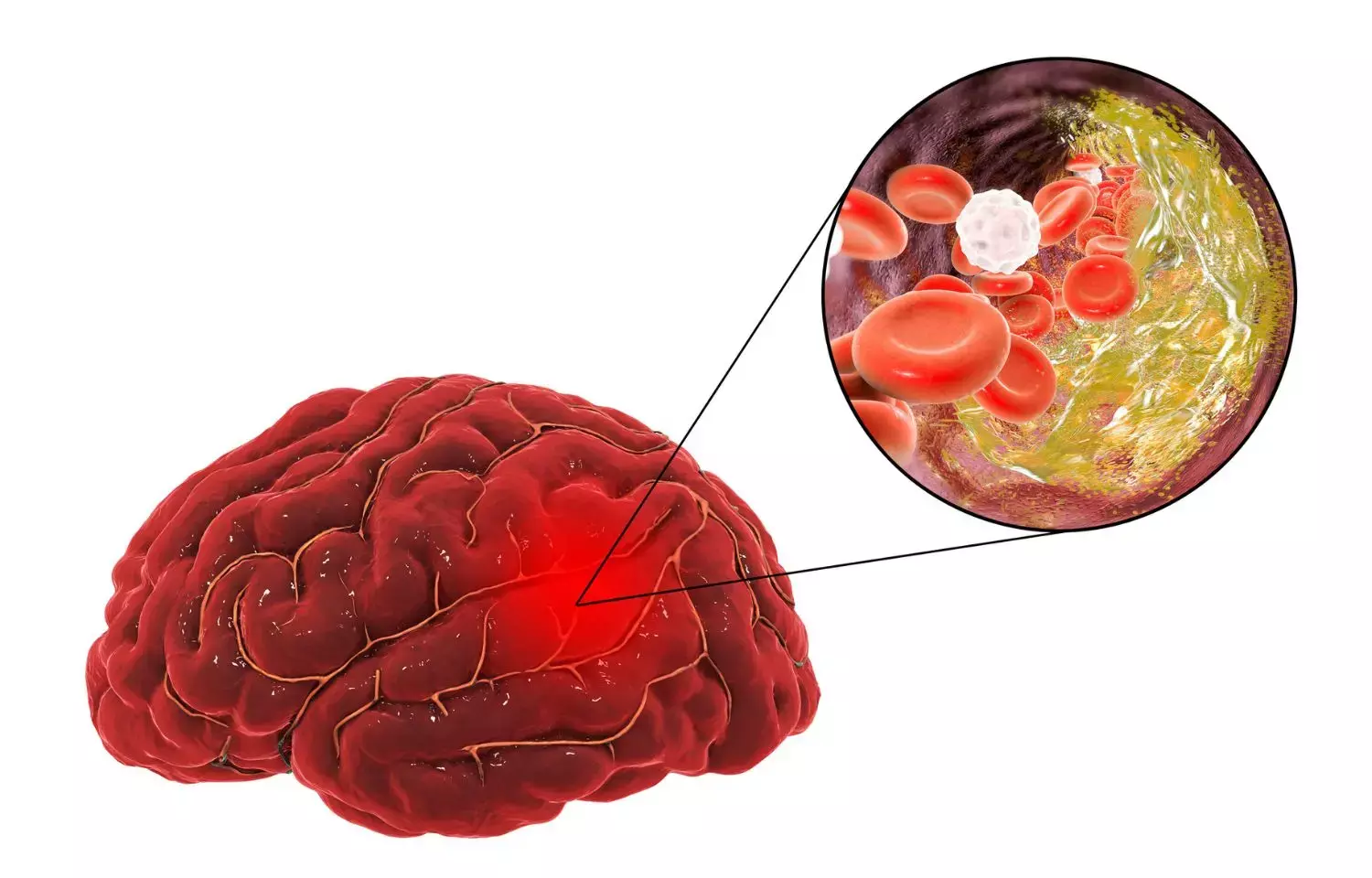- Home
- Medical news & Guidelines
- Anesthesiology
- Cardiology and CTVS
- Critical Care
- Dentistry
- Dermatology
- Diabetes and Endocrinology
- ENT
- Gastroenterology
- Medicine
- Nephrology
- Neurology
- Obstretics-Gynaecology
- Oncology
- Ophthalmology
- Orthopaedics
- Pediatrics-Neonatology
- Psychiatry
- Pulmonology
- Radiology
- Surgery
- Urology
- Laboratory Medicine
- Diet
- Nursing
- Paramedical
- Physiotherapy
- Health news
- Fact Check
- Bone Health Fact Check
- Brain Health Fact Check
- Cancer Related Fact Check
- Child Care Fact Check
- Dental and oral health fact check
- Diabetes and metabolic health fact check
- Diet and Nutrition Fact Check
- Eye and ENT Care Fact Check
- Fitness fact check
- Gut health fact check
- Heart health fact check
- Kidney health fact check
- Medical education fact check
- Men's health fact check
- Respiratory fact check
- Skin and hair care fact check
- Vaccine and Immunization fact check
- Women's health fact check
- AYUSH
- State News
- Andaman and Nicobar Islands
- Andhra Pradesh
- Arunachal Pradesh
- Assam
- Bihar
- Chandigarh
- Chattisgarh
- Dadra and Nagar Haveli
- Daman and Diu
- Delhi
- Goa
- Gujarat
- Haryana
- Himachal Pradesh
- Jammu & Kashmir
- Jharkhand
- Karnataka
- Kerala
- Ladakh
- Lakshadweep
- Madhya Pradesh
- Maharashtra
- Manipur
- Meghalaya
- Mizoram
- Nagaland
- Odisha
- Puducherry
- Punjab
- Rajasthan
- Sikkim
- Tamil Nadu
- Telangana
- Tripura
- Uttar Pradesh
- Uttrakhand
- West Bengal
- Medical Education
- Industry
Electrolyte Levels May Predict Outcomes in Ischemic Stroke, reveals research

According to a study published in the Journal of the American Heart Association, serum potassium, calcium, and magnesium levels show potential as prognostic biomarkers for ischemic stroke outcomes. This study was conducted by Quan Yu and colleagues.
Ischemic stroke is the most common cause of death and disability globally, and the determination of prognostic factors is important for enhancing patient outcomes. Although elevated serum potassium, calcium, and magnesium have been linked with lower risk of ischemic stroke, their role in stroke prognosis is unknown. To inform this, a study was undertaken based on the Minhang Stroke Cohort data, examining the relationship between the serum electrolytes and stroke outcomes.
The analysis involved data from 5,469 patients with ischemic stroke in the Minhang Stroke Cohort. Baseline serum levels of potassium, calcium, and magnesium were measured. The main outcome was a composite of mortality and severe disability (modified Rankin Scale score ≥3) at 3 months after stroke. Secondary outcomes were mortality, severe disability, and the ordered 7-level modified Rankin Scale score. Associations were measured using multivariate models adjusted for potential confounders.
Results
At the 3-month follow-up, 1,834 patients had the primary outcome. With adjustment for confounders, patients in the highest quartile of serum electrolytes had significantly reduced risks of adverse outcomes relative to those in the lowest quartile:
• Potassium: aOR 0.79 (95% CI, 0.68–0.93; P=0.007).
• Calcium: aOR 0.69 (95% CI, 0.58–0.82; P<0.001).
• Magnesium: aOR 0.83 (95% CI, 0.70–0.99; P=0.015).
Multivariable-adjusted restricted cubic spline analysis demonstrated linear dose-response relations between each of the electrolytes and favorable outcomes.
The results suggest that it is beneficial to maintain high-normal serum levels of potassium, calcium, and magnesium to have a favorable effect on outcome after ischemic stroke. These electrolytes are potential valuable prognostic biomarkers to influence clinical practice and interventions toward favorable patient prognosis.
High-normal serum levels of potassium, calcium, and magnesium were associated with decreased risks of unfavorable outcomes at 3 months after stroke. These results indicate the potential utility of these electrolytes as prognostic biomarkers for the management of ischemic stroke, highlighting the value of monitoring and ensuring optimal levels of these electrolytes in patients with stroke.
Reference:
Quan Yu, MD*; Yang Liu, MDhttps://orcid.org/0000-0001-5939-572X*; Xinyue Chang, MD*; Xueyu Mao, MDhttps://orcid.org/0000-0001-6143-197X; Xuechun Wu, MD; Min Chu, MD; Huicong Niu, MD, PhDhttps://orcid.org/0000-0001-9112-8883; Mengyao Shi, MD, PhD; Lulu Sun, MD; Yu He, MD; Yi Liu, MD; Daoxia Guo, MD, PhD; Zhengbao Zhu, MD, PhDhttps://orcid.org/0000-0001-5500-0014; Jing Zhao, MD, PhDhttps://orcid.org/0000-0001-5197-9181. High‐Normal Serum Potassium, Calcium, and Magnesium Levels Are Associated With Decreased Risks of Adverse Outcomes After Ischemic Stroke, Journal of the American Heart Association, 2025.
Dr Riya Dave has completed dentistry from Gujarat University in 2022. She is a dentist and accomplished medical and scientific writer known for her commitment to bridging the gap between clinical expertise and accessible healthcare information. She has been actively involved in writing blogs related to health and wellness.
Dr Kamal Kant Kohli-MBBS, DTCD- a chest specialist with more than 30 years of practice and a flair for writing clinical articles, Dr Kamal Kant Kohli joined Medical Dialogues as a Chief Editor of Medical News. Besides writing articles, as an editor, he proofreads and verifies all the medical content published on Medical Dialogues including those coming from journals, studies,medical conferences,guidelines etc. Email: drkohli@medicaldialogues.in. Contact no. 011-43720751


